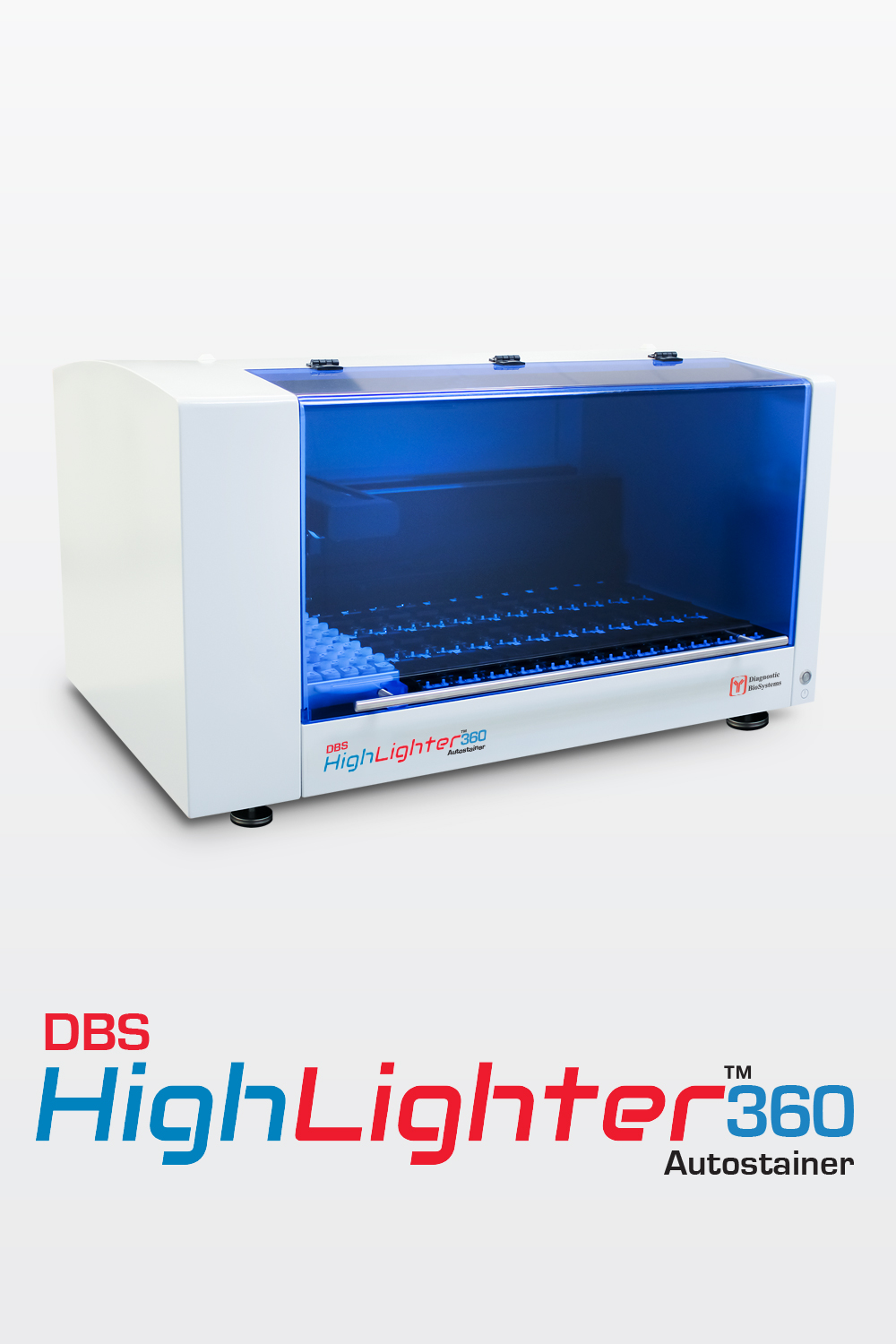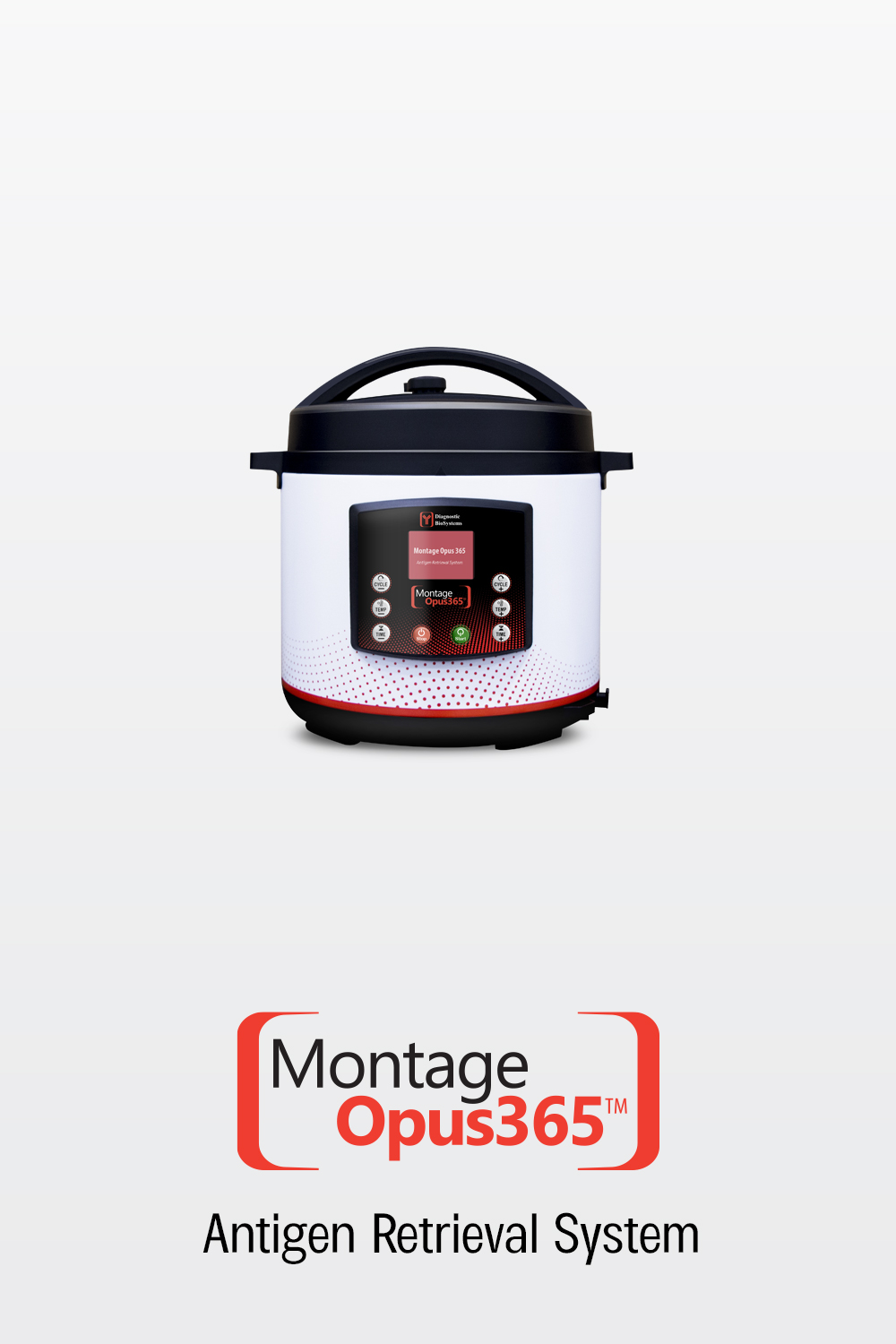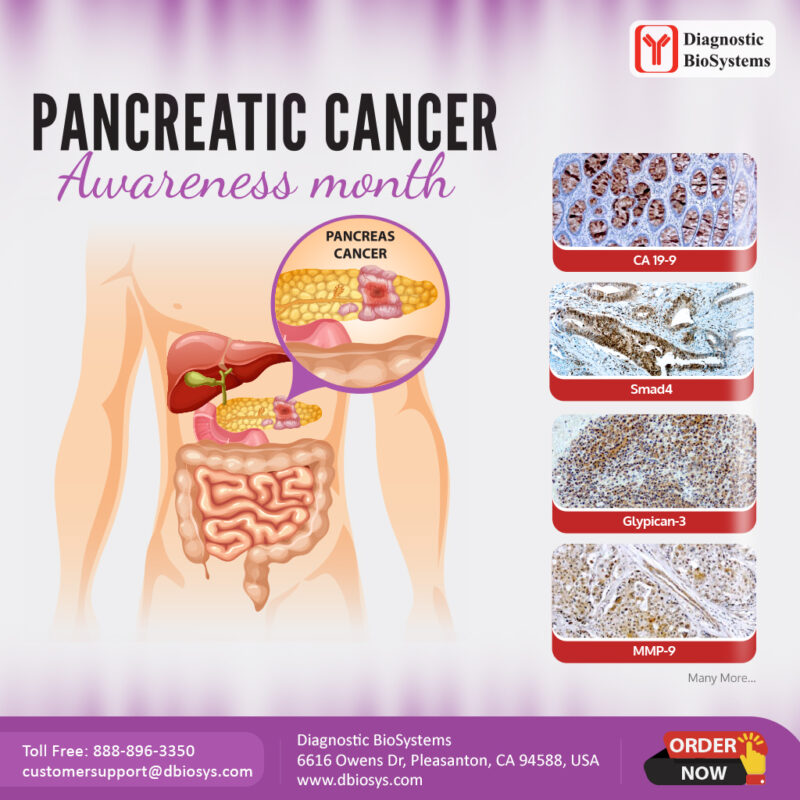CANCER AWARENESS
Pancreatic Cancer Awareness
With a greater fatality rate in developed nations, pancreatic cancer is the seventh most common cancer-related cause of death worldwide.
The most common form of pancreatic cancer is called “adenocarcinoma.” This cancer comprises only 2% of all cancers, but when it happens, it usually goes a long time without being noticed or causing symptoms, so it is difficult to diagnose early. Many times, it is Stage 3 or 4 when it is diagnosed. Symptoms are usually vague and shared by many other non-cancer causes:
- Unexplained weight loss or fatigue
- Nausea, vomiting, loss of appetite
- yellowing of the skin (jaundice) or eyes (icterus)
- Non-specific abdominal pain or pain in the upper abdomen that may radiate to the back
- New onset of diabetes at a later age, 45 years old or older
- Diarrhoea and floating stools.
The fatality rate globally is coinciding with the incidence rate, highlighting the poor prognosis for this cancer type. An effective test for identifying and classifying pancreatic neoplasms is immunohistochemistry. The ongoing identification and validation of novel tumor-associated biomarkers and the creation of efficient immunohistochemistry panels have greatly increased the diagnosis accuracy for this form of cancer. Pathologists can identify between the various kinds of pancreatic cancer and separate pancreatic carcinomas from other secondary metastatic malignancies by using the right IHC panels.
CA19-9: Carbohydrate antigen 19-9 is a complex molecule in the blood that is called a “tumor marker.” It is often checked early in the diagnosis of pancreatic cancer. Later, after the pancreatic cancer is treated, the CA19-9 levels are checked periodically and if they are going up, it indicates that cancer might be coming back.
SMAD4: SMAD 4 is helpful in differentiating invasive pancreatic adenocarcinoma and high grade pancreatic intraepithelial neoplasia from benign/reactive pancreas. SMAD4 loss could be a sign of a primary pancreatic tumour.
It has also been demonstrated that loss of SMAD4 expression affects tumor progression and treatment, such as a weakened response to adjuvant chemotherapy.
CA 19-9: https://dbiosys.com/product/ca-19-9
Smad4: https://dbiosys.com/product/smad4/
Glypican-3: https://bit.ly/DBSGlypican3
Order Now: https://bit.ly/DBS-Distributors
Website: https://dbiosys.com




